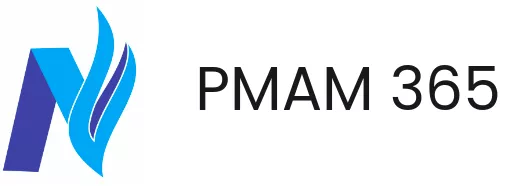

Enterprise Resource Planning (ERP) systems are comprehensive software solutions that integrate various business processes and functions within an organization. The features of an ERP system can vary based on the specific software vendor and the industry it caters to. However, here is a list of common features found in ERP systems:
Financial Management:
General ledger
Accounts payable and receivable
Budgeting and forecasting
Fixed asset management
Financial reporting and analytics
Cash flow management
Supply Chain Management:
Inventory management
Procurement and purchase orders
Supplier relationship management
Demand forecasting
Order processing and fulfillment
Warehouse management
Human Resources Management:
Employee data management
Payroll processing
Time and attendance tracking
Benefits administration
Performance management
Recruitment and onboarding
Customer Relationship Management (CRM):
Sales and lead management
Customer data management
Marketing automation
Customer service and support
Contact management
Customer analytics
Manufacturing and Production:
Bill of materials (BOM)
Work orders and production scheduling
Capacity planning
Quality control and assurance
Shop floor control
Engineering change management
Project Management:
Project planning and scheduling
Resource allocation and tracking
Task management
Budgeting and cost tracking
Collaboration tools
Reporting and Analytics:
Business intelligence and dashboards
Customizable reports and data visualization
Key performance indicators (KPIs) tracking
Data warehousing and data mining
Compliance and Regulatory Management:
Industry-specific regulatory compliance
Audit trails and traceability
Quality management
Environmental health and safety (EHS) compliance
Integration and Connectivity:
Integration with other business systems (e.g., CRM, e-commerce)
API and middleware support
Data synchronization across departments
Mobile Access and Remote Work:
Mobile app support for access on the go
Remote access for remote workers
Security and Access Control:
User authentication and authorization
Role-based access control
Data encryption and security protocols
Multi-Language and Multi-Currency Support:
Ability to operate in different languages and currencies
International business capabilities
Workflow Automation:
Streamlining and automating business processes
Notifications and alerts
Approvals and escalations
It's important to note that not all ERP systems will have every single feature listed here, and some might have additional features that cater to specific industries or business needs. Organizations often select an ERP system based on their specific requirements and processes.
Leadership, Finance, Operations, Growth, Product, Service, Sales, Marketing